Why You Need a Reliable Water Pump System for Efficient Water Management
In today's rapidly evolving world, efficient water management has become a critical priority for industries and municipalities alike. A reliable water pump system plays a fundamental role in ensuring that water is distributed effectively and sustainably. According to a recent report by the International Water Association, nearly 40% of water pumped globally is lost due to inefficiencies in infrastructure and equipment. This staggering figure underscores the necessity of investing in high-quality water pump systems that not only optimize water distribution but also minimize waste.
Industry expert Dr. Linda Waters, a prominent figure in water resource management, highlights the importance of this infrastructure: "A robust water pump system can significantly reduce operational costs and enhance service delivery, leading to improved water access for communities." With the increasing pressures of population growth and climate change, the demand for reliable water solutions is more pressing than ever. By focusing on the implementation of efficient water pump systems, we can ensure that our water management strategies are not only effective today but also sustainable for future generations. The following discussion will explore the top ten reasons why investing in a dependable water pump system is essential for achieving efficient water management.
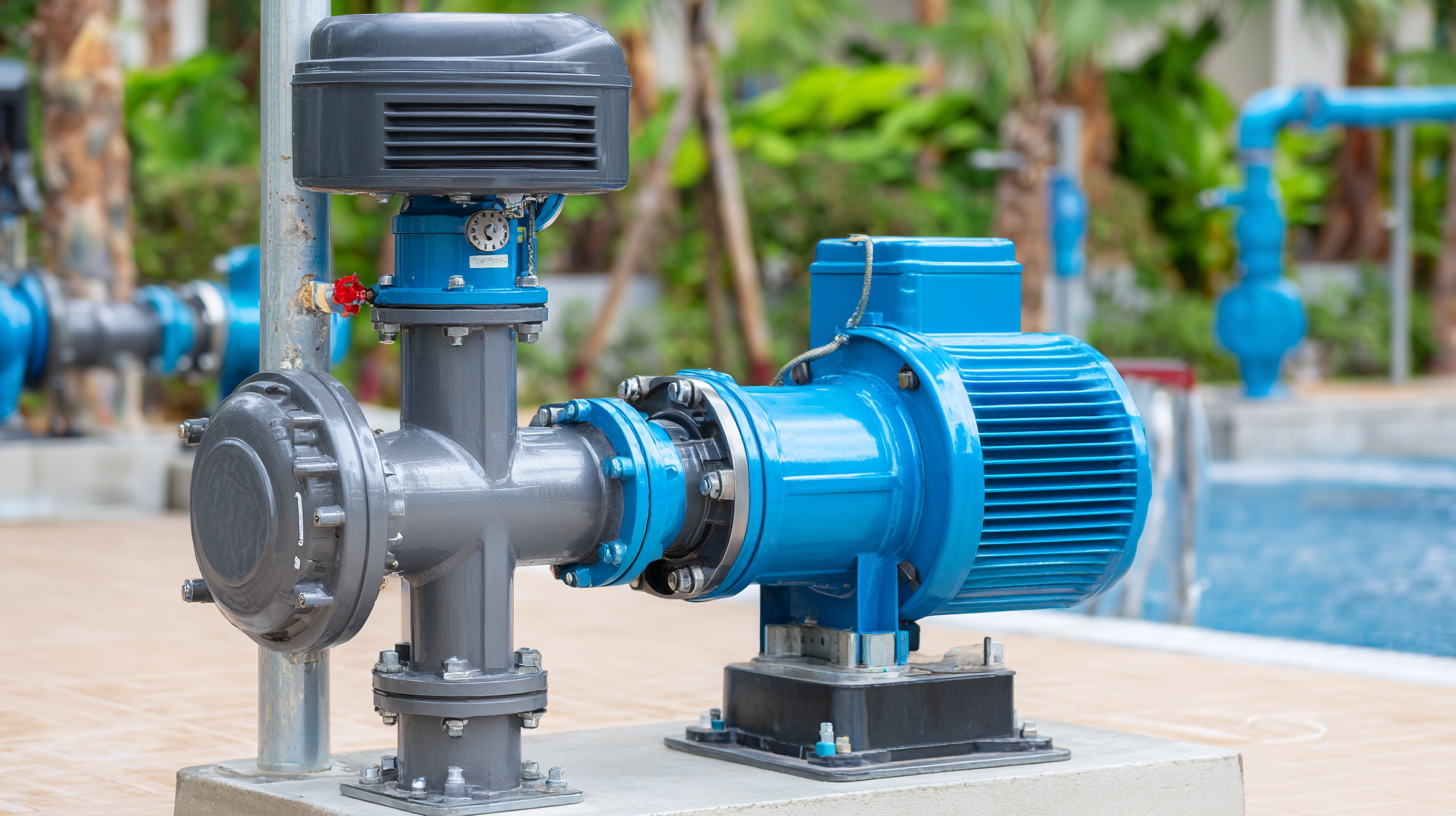
The Importance of Efficient Water Management in Modern Systems
Efficient water management has become increasingly crucial in modern systems, whether in agriculture, industry, or urban planning. With the growing demands on water resources due to population expansion and climate change, implementing effective water management strategies is essential. A reliable water pump system plays a central role in these strategies, ensuring that water is distributed where and when it is needed most. This not only improves operational efficiency but also reduces waste and enhances sustainability.
Moreover, efficient water management helps in maintaining water quality and safeguarding against shortages. By utilizing advanced technologies and reliable pumping systems, organizations can better control the flow and distribution of water, minimize losses through leaks, and optimize usage across various applications. As modern systems increasingly integrate smart technologies, the ability to monitor and manage water resources efficiently becomes even more critical, enabling proactive measures to address potential issues before they escalate. Thus, prioritizing a dependable water pump system is vital for achieving optimal water management in today’s complex environments.
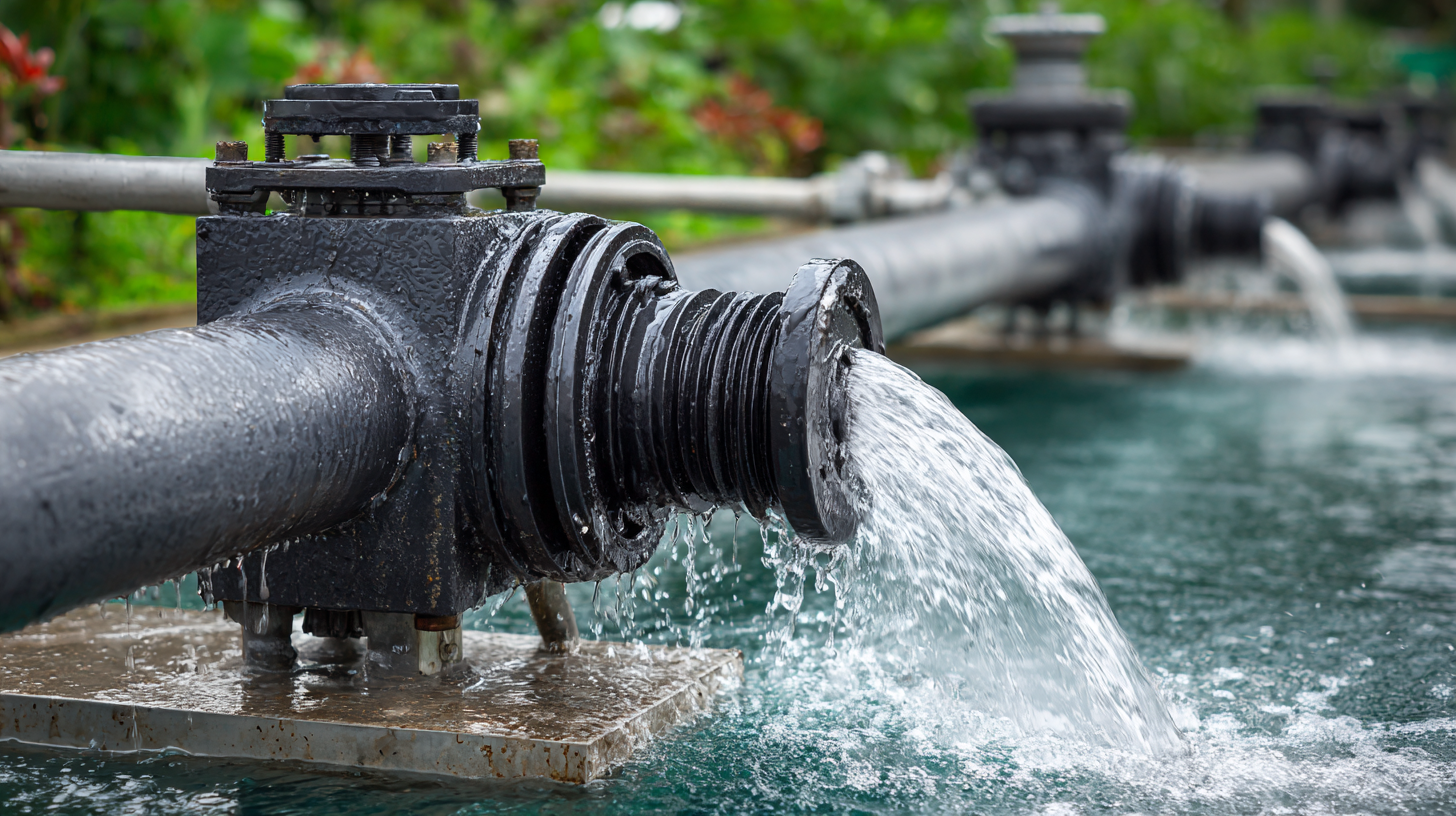
Key Features of a Reliable Water Pump System
A reliable water pump system is essential for efficient water management, especially in agriculture, where erratic climate patterns and growing populations exert increased pressure on water resources. Key features of such systems include durability, efficiency, and adaptability to various environmental conditions. For instance, modern agricultural water tanks, when paired with effective pumping solutions, can significantly reduce water loss—by up to 40%—compared to traditional methods. This efficiency is vital as farms aim to maximize output while conserving valuable water supplies.
In addition to agricultural applications, water pumps play a crucial role in mining and urban environments, particularly in managing flooding risks. With the rise in the frequency of natural disasters, investing in reliable pumping systems equipped with advanced control technologies is crucial. Systems that incorporate renewable energy sources, such as photovoltaic water pumping solutions, further enhance energy efficiency and sustainability. As the market for solar water pump systems continues to grow, these features not only bolster operational reliability but also support broader water management strategies in various sectors.
Top 10 Water Pump Brands for 2025: What to Look For
When considering efficient water management, selecting a reliable water pump system is paramount. According to a recent report by the Water & Wastewater Equipment Manufacturers Association (WWEMA), the global water pump market is projected to grow at a CAGR of 4.2% from 2021 to 2027, driven by an increasing demand for sustainable water management solutions. With such growth, understanding the top brands for 2025 can significantly influence your purchasing decision.
As we look ahead, brands like Grundfos, Xylem, and Pentair stand out not only for their innovative technologies but also for their commitment to energy efficiency. Grundfos, for instance, has reported that their energy-efficient pumps can save up to 50% on power consumption compared to traditional models. Furthermore, Xylem's smart pump solutions are equipped with IoT capabilities, enabling real-time monitoring and maintenance, thereby enhancing operational efficiency. When evaluating water pump systems, consider aspects such as energy efficiency, durability, and smart technology integration—these features will be essential in optimizing water management strategies in the coming years.
Water Pump Efficiency Comparison for 2025
This chart displays the efficiency ratings of various water pumps based on flow rate and energy consumption. Efficiency is critical for effective water management, ensuring optimal performance while minimizing costs.
Preventive Maintenance Tips for Long-lasting Pump Performance
Preventive maintenance is crucial for ensuring the longevity and efficiency of water pump systems. According to a report from the Hydraulic Institute, improper maintenance can increase operational costs by up to 25%, making it vital for facilities to adopt a proactive approach. Regular inspections and routine checks should focus on key components such as seals, bearings, and impellers. For instance, replacing worn seals before they fail can prevent leaks and water loss, which not only protects the pump system but can also save significant costs over time.
Another essential aspect of preventive maintenance is monitoring the pump's operational performance. A study released by the American Society of Mechanical Engineers indicates that consistent performance checks can identify potential issues before they escalate. Regularly measuring parameters such as flow rate and energy consumption can help detect inefficiencies, allowing for timely repairs. Additionally, implementing a predictive maintenance plan that utilizes data analytics can further enhance pump reliability and performance, leading to a more efficient water management strategy.
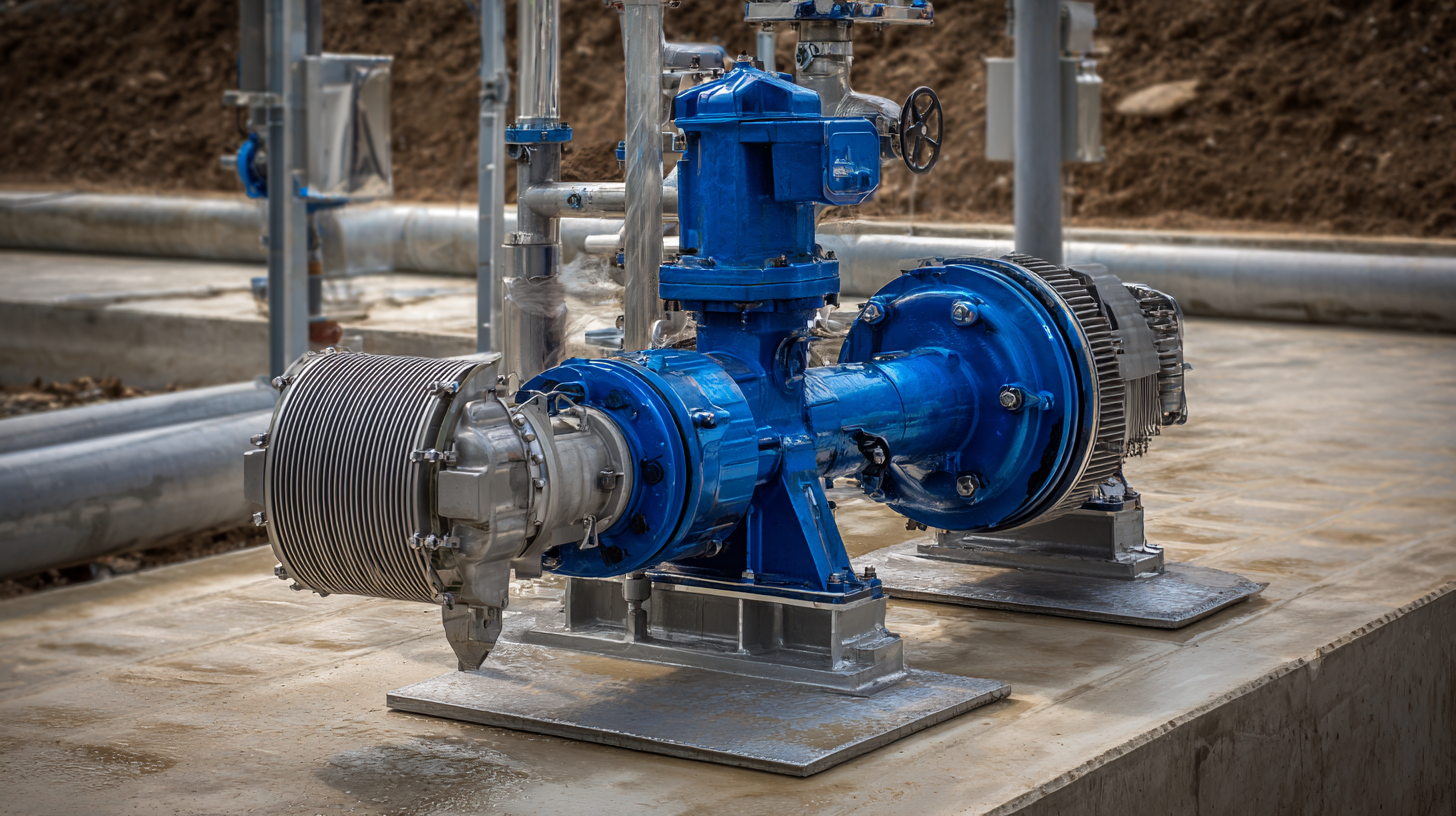
Innovations in Water Pump Technology for Enhanced Efficiency
Innovations in water pump technology have significantly transformed the way we manage water resources, enhancing both efficiency and reliability. Modern water pumps are equipped with smart sensors and automation systems that allow for real-time monitoring and control. This intelligent technology not only optimizes energy consumption but also ensures that water delivery is consistent and responsive to demand fluctuations. The integration of IoT (Internet of Things) has paved the way for predictive maintenance, which reduces downtime and extends the lifespan of pumping systems.
Another major advancement is the development of eco-friendly pump designs that minimize environmental impact. These pumps are more efficient in their operation, reducing energy use and associated costs. High-efficiency impellers and variable frequency drives enable pumps to adapt to changing load conditions seamlessly, maximizing output while conserving resources. As water scarcity becomes a pressing global issue, these technological innovations underscore the importance of reliable pump systems in efficient water management, ensuring sustainable access to this vital resource for communities and industries alike.
Related Posts
-
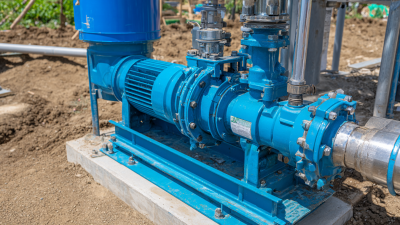
Essential Well Pump Supplies: Maximizing Efficiency and Longevity for Your Water System
-

The Evolution of Plastic Pipe: Sustainable Solutions for Modern Infrastructure
-
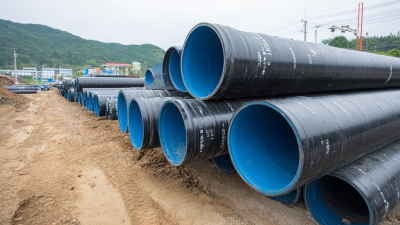
Exploring the Latest Innovations in Pipe Supplies: What You Need to Know for Your Projects
-
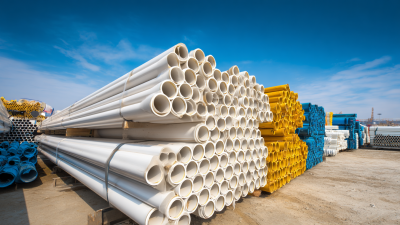
Understanding the Rapid Growth of PVC Supplies Market with Insights from Industry Trends and Data Analysis
-

2025 Top 10 Innovations in 4 Steel Pipe: Exploring Market Growth and Industry Trends
-
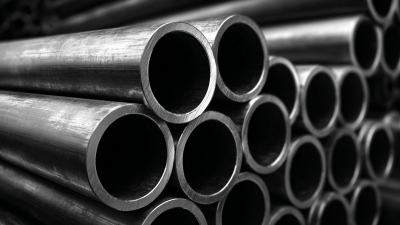
Top 5 Benefits of Using Steel PVC for Your Construction Projects
